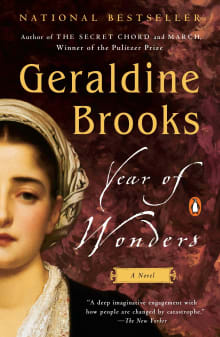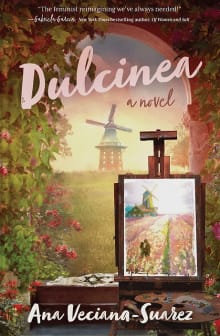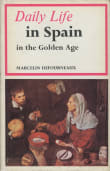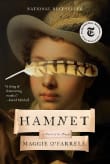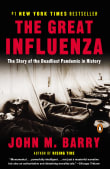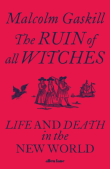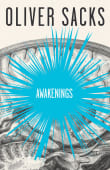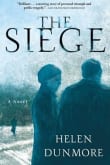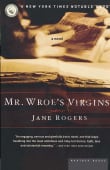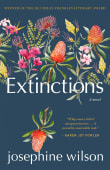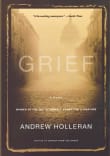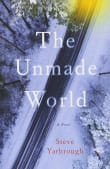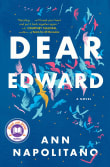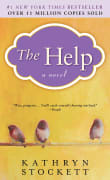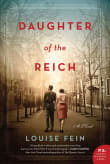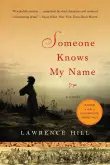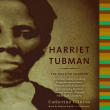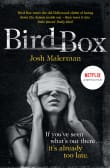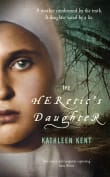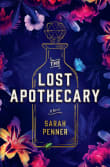
New book alert!
Why am I passionate about this?
I became fascinated with 16th-century and 17th-century Europe after reading Don Quixote many years ago. Since then, every novel or nonfiction book about that era has felt both ancient and contemporary. I’m always struck by how much our environment has changed—transportation, communication, housing, government—but also how little we as people have changed when it comes to ambition, love, grief, and greed. I doubled down my reading on that time period when I researched my novel, Dulcinea. Many people read in the eras of the Renaissance, World War II, or ancient Greece, so I’m hoping to introduce them to the Baroque Age.
Ana's book list on bringing to life the forgotten Baroque Age
What is my book about?
Dolça Llull Prat, a wealthy Barcelona woman, is only 15 when she falls in love with an impoverished poet-solder. Theirs is a forbidden relationship, one that overcomes many obstacles until the fledgling writer renders her as the lowly Dulcinea in his bestseller.
By doing so, he unwittingly exposes his muse to gossip. But when Dolça receives his deathbed note asking to see her, she races across Spain with the intention of unburdening herself of an old secret.
On the journey, she encounters bandits, the Inquisition, illness, and the choices she's made. At its heart, Dulcinea is about how we betray the people we love, what happens when we succumb to convention, and why we squander the few chances we get to change our lives.
1 author picked Dulcinea as one of their favorite books, and they share why you should read it.
